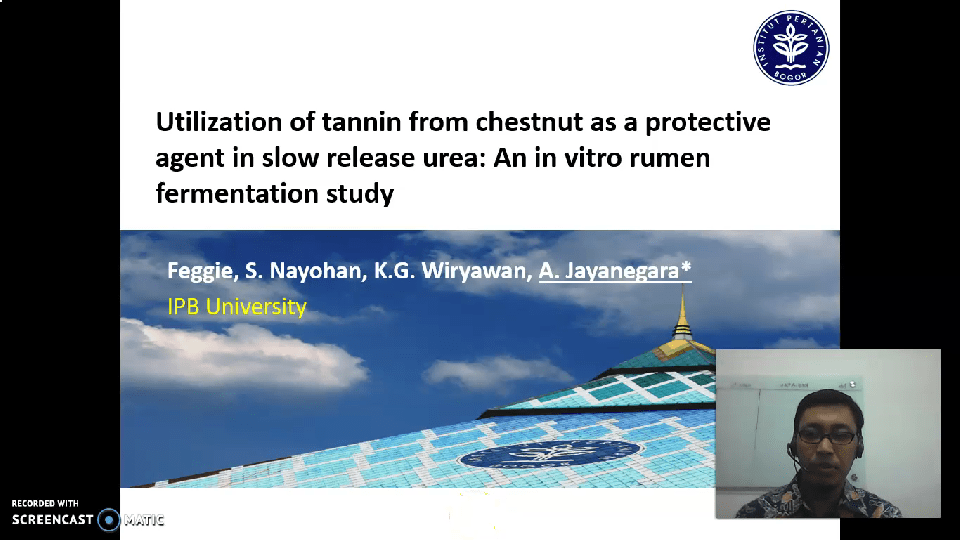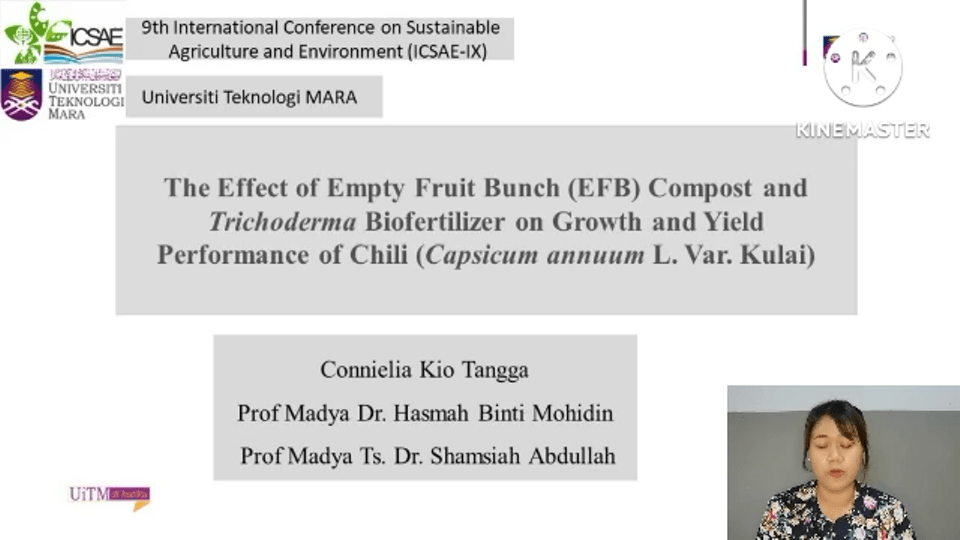Home » Room Video 6 » ID56 Food security campaign toward sustainable goals
Paper ID: 56
Food security campaign toward sustainable goals of agriculture in Simeulue Island
A F Abus1, T Lubis2*, A A Abus3, N Saputra4, and N A A Abus5
1Aceh Landscape Development Centre, Langsa, Indonesia
2,3,5Universitas Sumatera Utara, Medan, Indonesia
4Sekolah Tinggi Ilmu Tarbiyah Al-Hilal Sigli, Sigli, Indonesia
*Email: tasnimlubis@usu.ac.id
This study describes the relationship between food security and the role of the local chief/leader in motivating his community to maintain their typical plants as the sources for their main food. This qualitative study used the ethnography method to describe humans’ role and surroundings because humans are responsible for making their life and environment harmony, especially on food security. From the recording and the interview result, it is known that the role of the chief as the informal leader has more opportunity and power to listen. It is known that in the past, the role of the local chief succeeded in influencing and convincing his community to consume rice as the main food and affected the community to grow rice even though their environment was not supported enough. The ‘rice standardization’ as a welfare area is not appropriate to be settled in all places in Indonesia. Formerly, Simeuluenese already knew and consumed other main food except for rice, namely sago and taeb, as their main food. However, the policy had changed their mind to consume rice as their main food instead of sago. Consequently, the local chief’s role is essential to campaign again to convince his community on food security toward sustainable goals based on local wisdom.


